Unsung Heroines Of Nigeria's Independence
As Nigeria marks her 55th Independence anniversary on Thursday, October 1. This occasion not only calls for celebration but also highlights the sacrifices of women who in one way or the other laboured to shake loose the grip of colonial powers on our collective destiny.
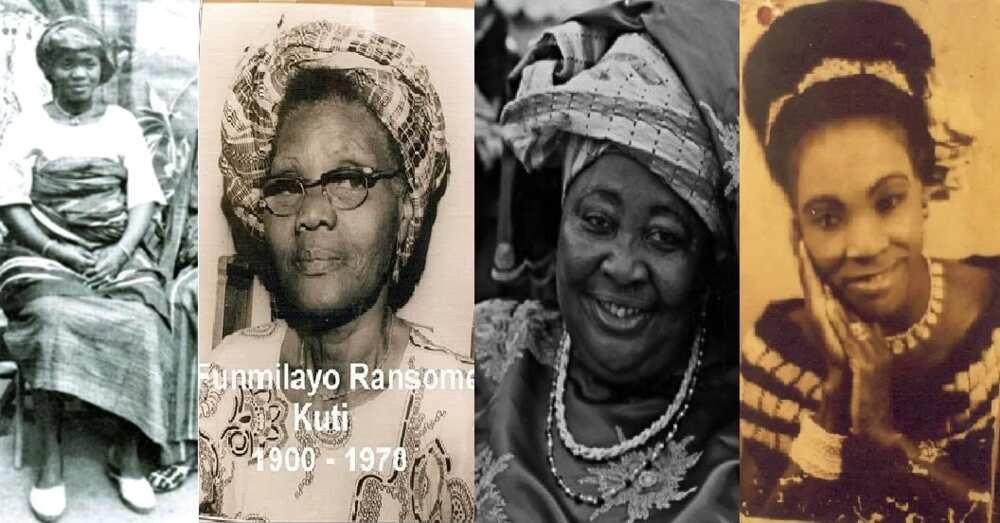
The struggle for political emancipation and self-determination became popular in Nigeria at the close of the 19th century. Prior to the era of popular nationalist movement, there were women, who fought to defend their kingdoms or nations or even states as the case may be, against external control in like manner.
It is a fact that the heroic posture of these early nationalists in different parts of what is now Nigeria inspired the concerted efforts that eventually ended colonialism and brought freedom our way.
Legit.ng takes a look at the legacies of 5 of these enigmatic amazons who fought tirelessly, alongside the men, in the 1950’s and 1960’s for Nigeria’s independence.
READ ALSO: We’ve Been Independent For Over Half A Century, But What Does This Mean?
[article_adwert]
1 Mrs Funmilayo Ransome Kuti (1900-1978)
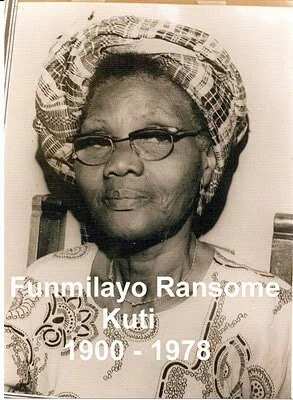
Mrs Ransome-Kuti, born 25th October, 1900 in Abeokuta, is the mother of legendary afro beat musician Fela Anikulapo Kuti.
She was a very powerful force advocating for the Nigerian woman’s right to vote and has been described as the doyen of female rights in Nigeria.
In 1947, she was described by the West African Pilot Newspaper as the ‘Lioness of Lisabi’ for her leadership of the women of the Egba clan in a campaign against arbitrary taxation. That struggle led to the abdication of the Egba high king, Oba Ademola II in 1949.
She was one of the women elected to the native House of Chiefs, serving as an Oloye of the Yoruba people and one of the delegates that negotiated Nigeria's independence with the British government.
A ranking member of the National Council of Nigeria and the Cameroon, Mrs Kuti was the first lady to drive a car in Nigeria.
In 1965 she was awarded OON (officer of the order of Niger) and an honorary Doctorate degree of Law by the University of Ibadan in 1968.
She died on April 13, 1978, from injuries sustained when she was thrown from a third floor window in her son’s compound but succeeded in handing activism to her three sons Fela, Beko and Olikoye Ransome Kuti.
2 Hajiya Gambo Sawaba (1933-2001)
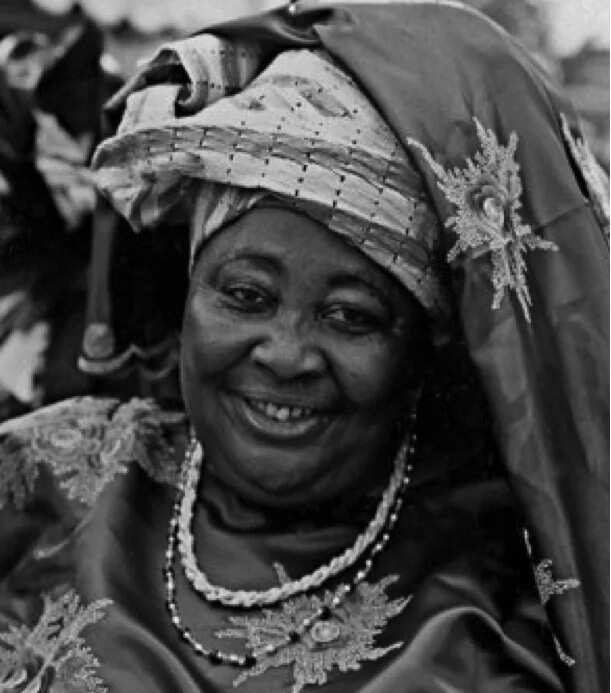
Hajiya Sawaba was a Nigerian politician and political activist who was a supporter of the Northern Elements Progressive Union (NEPU). She was part of the political struggle that eventually won independence for Nigeria.
Sawaba who had a poor educational background and was married at the early age of 16, rose above her challenges to emerge as a dynamic, independent political activist, helping to educate many others.
She came out of colonial repression and deformity, refreshed in her political activism. And like most of her contemporaries, she put in a lot towards the emancipation of African women from the clutches of obnoxious African traditions that were perceived as anti-women.
3 Mrs Margaret Ekpo (1914-2006)
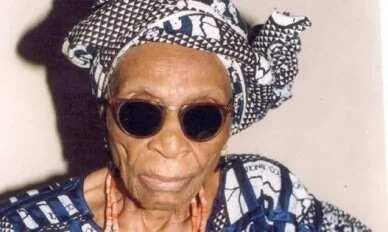
Mrs Margaret Ekpo was born in Creek town, Calabar. She was Nigeria’s women rights activist, social mobiliser and a pioneering female politician in the First Republic. Margaret rallied women beyond ethnicity.
She played major roles as a grassroots and nationalist politician in the eastern Nigerian city of Aba, in an era of a hierarchical and male-dominated movement towards independence.
Aside from championing the cause of women's rights, Ekpo joined the decolonisation process, which led her to the National Council of Nigeria and the Cameroons (NCNC), as a platform to represent a marginalised group.
She teamed up with Fumilayo Ransome-Kuti in the 1950s against the killing of workers who were protesting some colonial practices at the Enugu coal mine. She was not only nominated by the NCNC to the regional House of Chiefs in 1953, she also co-opted many Aba women into active politics and won a seat to the Eastern Regional House of Assembly in 1963. She was part of the struggle that later led to Nigeria's independence in 1960.
In 2001 the Calabar International Airport was named after her. She died in 2006.
4 Madam Mary Okezie (1906–1999)
Mary Okezie was one of the prominent women that led the Aba Women’s Riot in 1929. She was a teacher at the Anglican Mission School, Umuocham, in the present day Abia state when the riot broke out. She was very sympathetic to the cause of the rioters.
Nevertheless, being a civil servant, she could not directly participate in the protest against the census, which was widely regarded as a prelude for the imposition of more taxes by the colonial government.
Okezie submitted a memo to the commission of inquiry on the reason why the riot broke out. Madam Okezie emerged as founder and leader of the Ngwa Women's Association in 1948 to promote the education and welfare of women. She dedicated the rest of her life to support women's rights in Nigeria.
5. Mrs Grace Eniola Soyinka
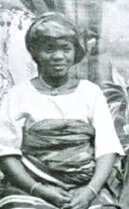
Mrs Eniola Soyinka co-founded the Egba Women Union with Mrs. Funmilayo Ransom-Kuti. She is the mother of renowned playwright, Prof. Wole Soyinka.
Mrs Soyinka who was a women’s activist played a prominent role in decongesting Nigeria of colonial manipulation. She was fully involved in organising workshop for illiterate Egba women to make them understand their rights as citizens.
Her contribution of rights activism remains indelible in Nigeria. She was the sister in-law to Mrs Ransome-Kuti.
READ ALSO: 5 Nigerian nationalists
Source: Legit.ng
